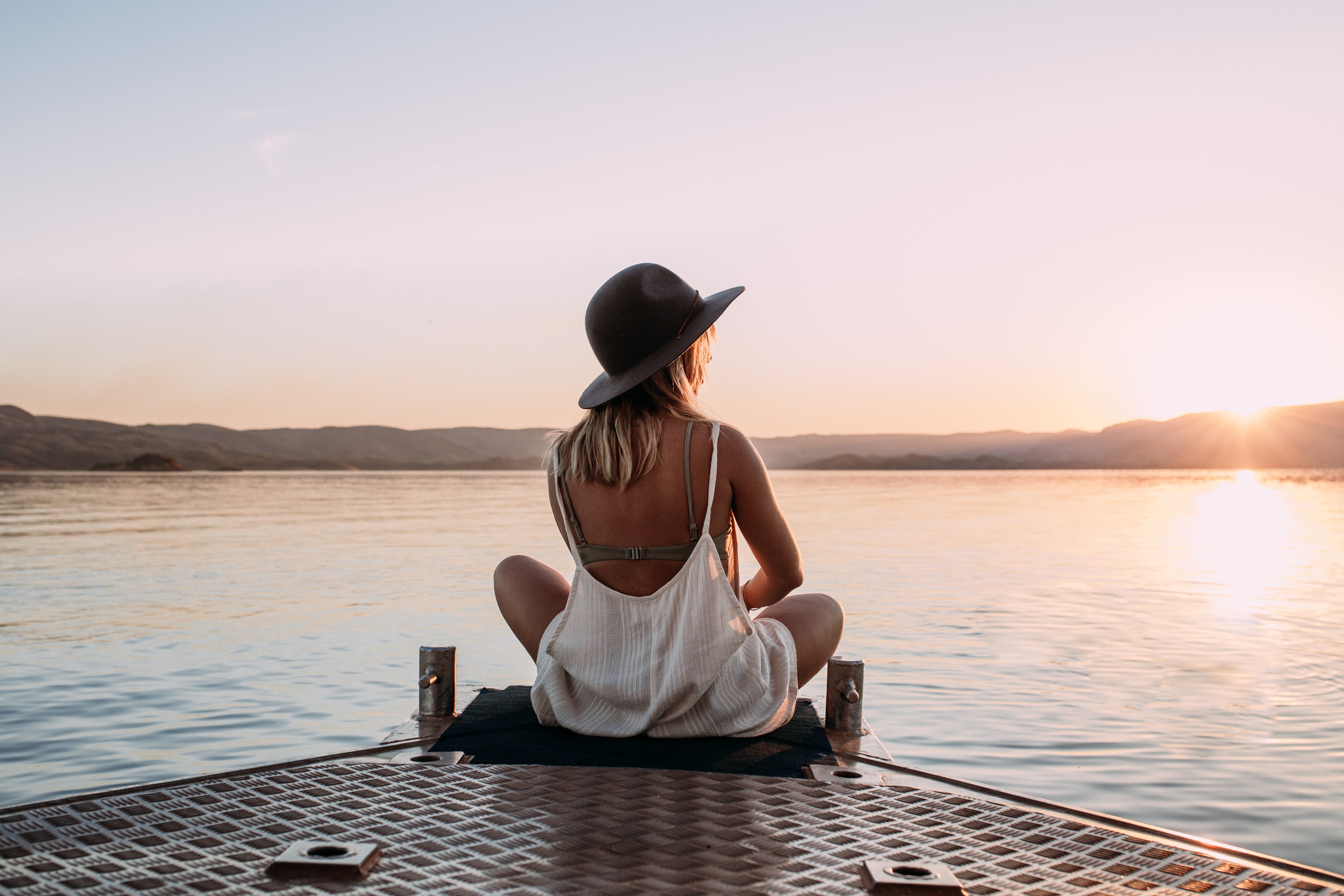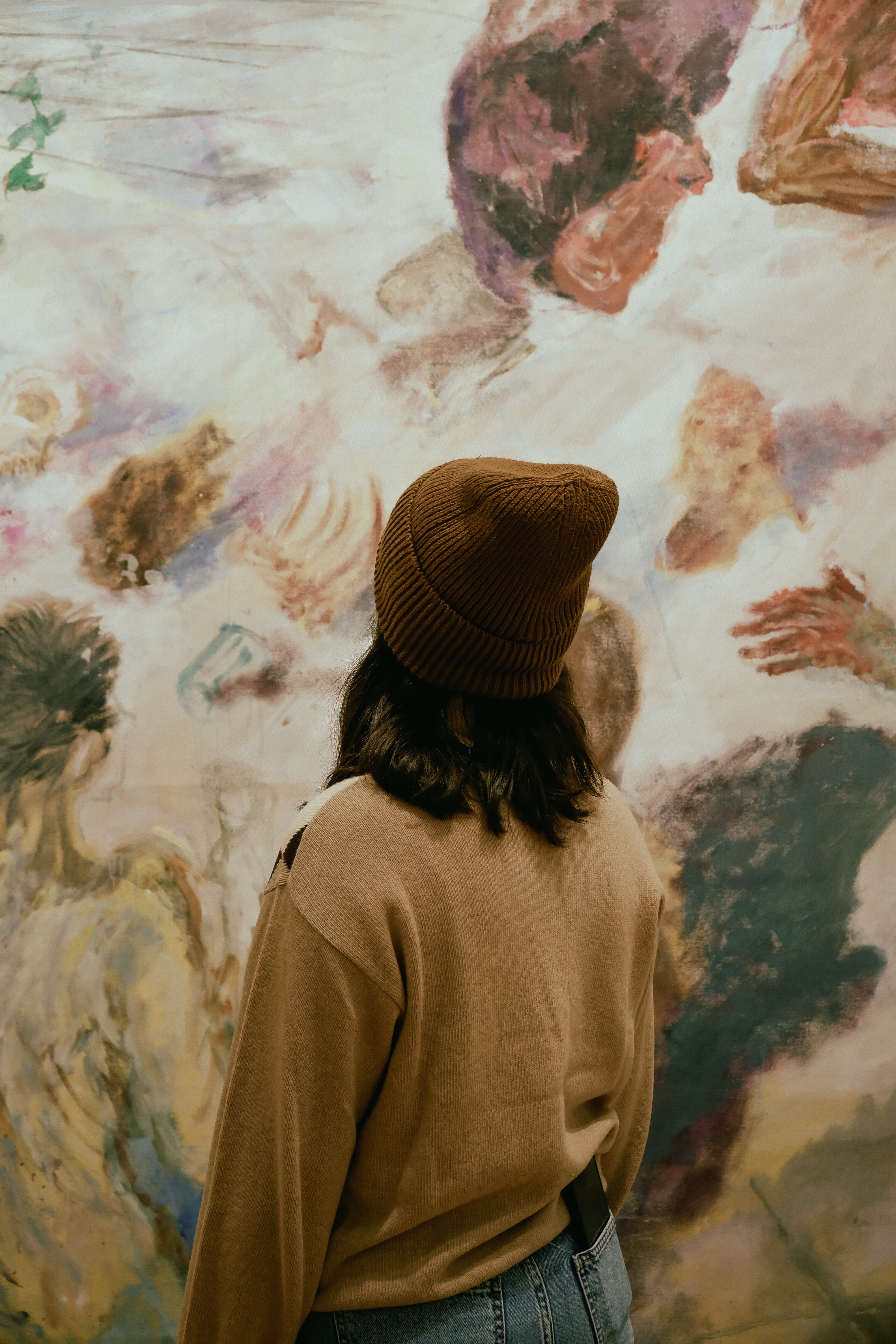
The Role of Beauty in Mental Health
"This is the spirit that Beauty must ever induce: wonderment and a delicious trouble, longing, and love and a trembling that is all delight" - Plotinus.

Philosophers have debated for millennia whether beauty exists in the "eye of the beholder," reality itself, or some interaction between the two. Settling that discussion is far outside the scope of this blog. What is unmistakably clear is that human beings are designed in such way that we cannot help responding positively to instances of beauty.
This world is overflowing with tragedy, whether it is personally experienced or that which we empathize with others. There is no shortage of reasons to despair and give oneself over to cynical pessimism. But this road will inevitably lead to neglect, discontent, hopelessness, and for many, it may even become the etiology of clinically depressive symptoms. For the sake of our mental health, we must offset the horrors of life with experiences of beauty.
Beauty is a multi-faceted, complicated phenomenon. Perhaps the simplest way to describe it is as the subjective quality of harmony, which occurs when various elements are complementarily balanced together. In other words, to the degree that we recognize something as harmonious, from the color palette of a painting to Einstein's law of relativity, we experience that phenomenon as beautiful.
If you imagine any time you have genuinely experienced beauty, you will likely also be recalling a time you were overcome with a sense of contentment. This is because Beauty exists in the category of ultimate values, alongside Justice, Goodness, and Truth. As ultimate values, these things are inherently meaningful and thus are ends worhty of pursuit for their own sake. Regardless of whether any of us believe something in particular meets criteria to be called "beautiful, just, good, or true," we can safely agree (even in our political climate) that these are the fundamental standards by which we intuitively judge things.
You may sigh at the invitation to add one more thing to your already busy schedule, but you only stand to gain by doing so. People who cultivate an appreciation of beauty develop mindfulness skills in the process, which provides its own host of benefits. These include health benefits, such as lower blood pressure and a calmer heart rate; cognitive benefits, such as less anxiety and sharper focus; and social benefits, such as a greater sense of connectedness and more positive relationships. Individuals who appreciate beauty also tend to be more open minded, benevolent, generous, spiritual, and generally feel more connected to the world around them.
If these traits sound appealing to you then you're in luck, because you can develop all of them practically free. All it will cost you is a little attention and some spare moments from your day.
The experience of beauty can happen anywhere so long as your senses are open to perceiving it. You may be served the juiciest, marbled, medium-rare ribeye by a world-class chef, and experience none of it if you are preoccupied with your pending divorce while eating it. You may have the privilege of having a front row seat at Mozart's requiem "Lacrimosa," and notice none of its subtle complexity consumed as you are with what's trending on TikTok. Although sometimes beauty finds and overwhelms you with its splendor. Like when you look into the night sky away from the urban lights and catch a starry glimpse of the vast expanse of space. More frequently it permeates our lives in subtler ways. Like the dappled rays of golden light that break through the leaves just after sunrise on your way to work. The only demand of these moments is that you slow down enough to savor them.

Beyond merely passive opportunities, you can actively seek these experiences out in myriad ways. Beauty comes in every form of being, so you need only identify your preference and what resonate with you. Do you really enjoy nature? Then schedule a local hike or trip to the Grand Canyon or Yellowstone. Do you find yourself getting lost in art pieces at the mall or other people's homes? Then make sure to check out museums nad local art shows once and a while. Maybe you're more a connoisseur of well-written prose? Well then why not add some classical or modern poetry to your nightstand. Why not add some postmodern poetry too while you're at it, even if it might not ultimately mean anything?
Of course, if humans are designed in such a way as to appreciate beauty, it would be reasonable to deduce that it is the same or a similarly essential part of our nature that compels us to facilitate it. Thus the natural and healthy progression from experiencing beauty seems to be toward cultivating it in our own lives. You can be that musician, wilderness travel guide, sculptor, poet, dancer, or mathematician who brings joy to others. You can be that true, just, good human being who others experience as beautiful. You can do these things not because they make for good content on social media, which ironically dulls their vibrance, but because doing so ultimately harmonizes you with yourself, relationships, culture, the world, and God. So seek beauty and also make it. Multiply it everywhere you can. Then this terrible world will be a little less terrible. And when you die, the flowers that will inevitably grow on your grave or spring from your ashes will be a little more...fitting.


